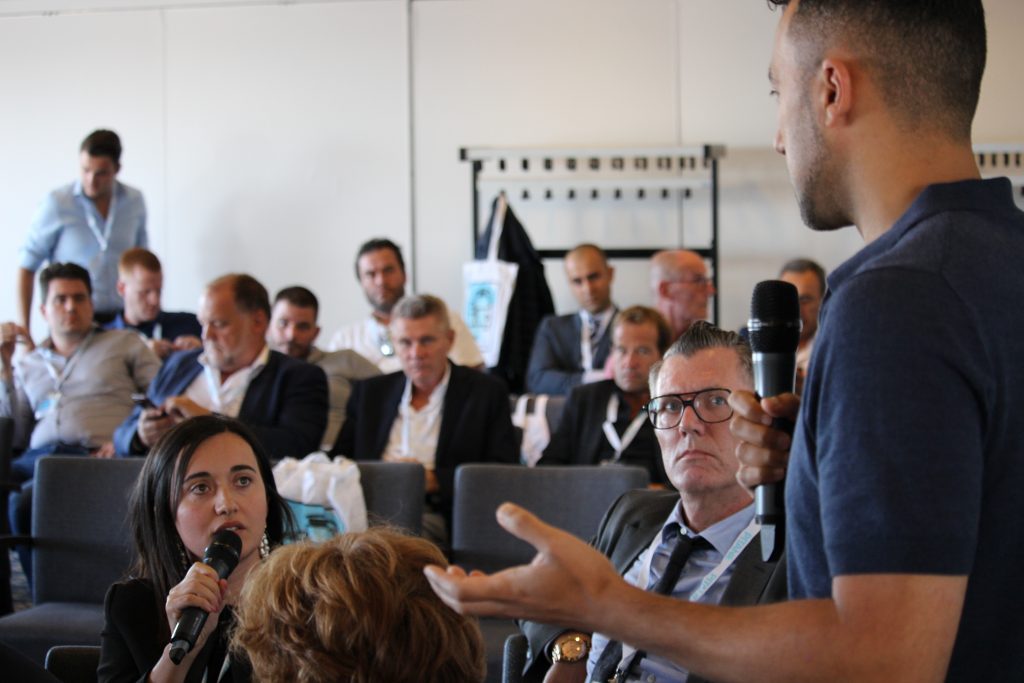public-private ecosystem for MaaS
De Attendees of the MaaS-Lab have a new one together vision piece drawn up with regard to the ambitions and goals that the partnership sets itself. The content was presented during the last MaaS conference on Tuesday 16 March. MaaS-Lab, the partnership of market parties that strives for an open ecosystem for MaaS services in the Netherlands, brings together organizations that normally compete with each other. However, all 31 participants are convinced that only a truly open system is the answer to the question of how future digital mobility services, also known as 'Mobility as a Service', should be designed.
the future belongs to MaaS
Seamlessly linked mobility for travelers plays an important role in (better) use of transport capacity. It opens up shared mobility and focuses on the use rather than the ownership of vehicles. In this way, MaaS connects mobility with issues such as parking in scarce space, the housing challenge and the climate goals.
Also read: TOMP must end spaghetti of connections


